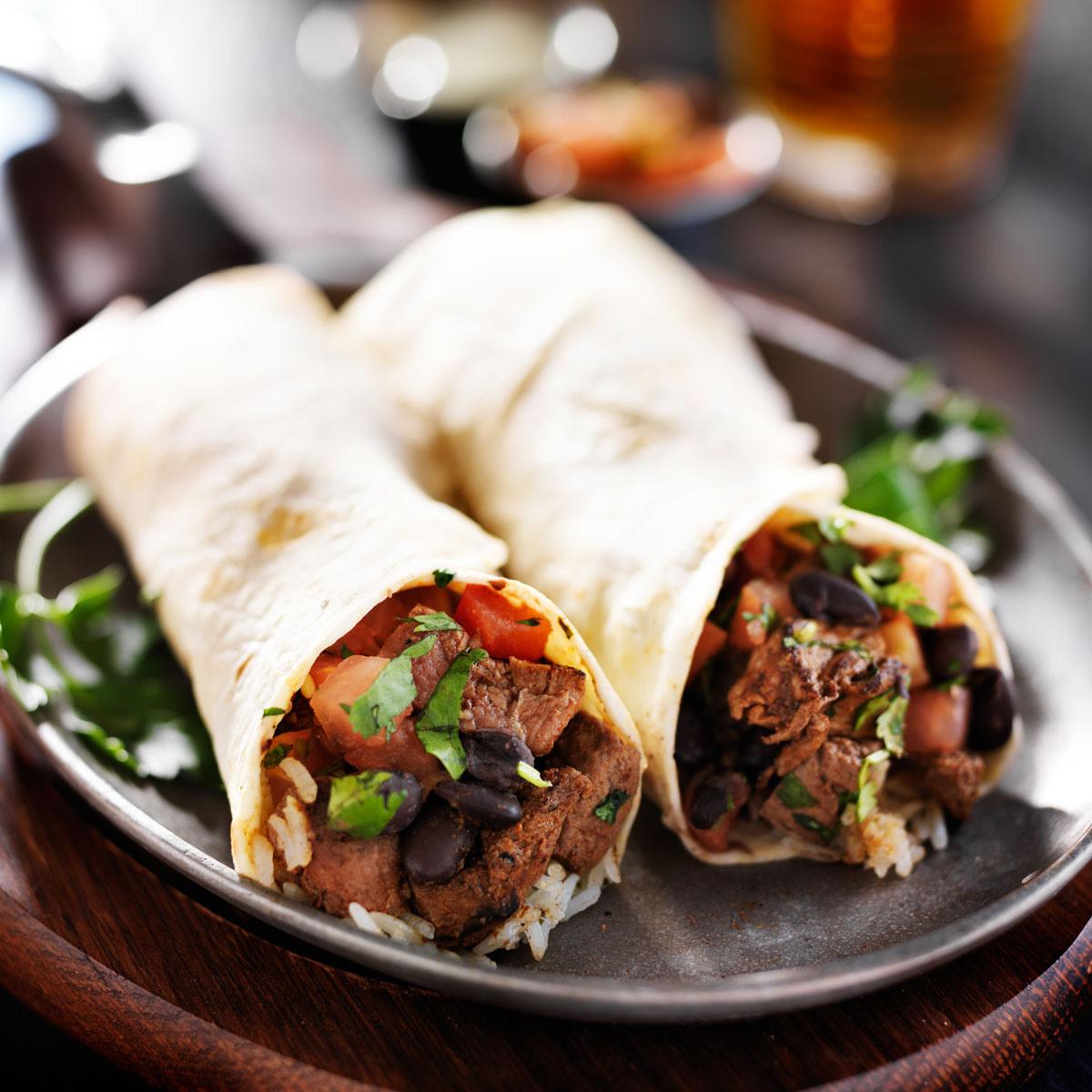Before this summer, Sunday was a slow day at Freebirds World Burrito—so much so that the team behind the Austin, Texas–based concept began brainstorming ways to inject it with some fresh energy. They ultimately decided on a permanent promotion, which debuted in August and looks like this: On Sundays, children under 12 years of age get a free kids’ meal with the purchase of an adult meal.
Since the permanent promotion’s debut, “our [Sunday] sales have gone way up; it’s brought a lot more traffic to our restaurants on Sundays,” says Eric Coolbaugh, vice president of marketing at Freebirds. “The response has been phenomenal.”
Deals like “kids eat free” are not unusual in the restaurant industry. The limited-service sector is rife with permanent promotions, from discounts for veterans to birthday deals. The motivation behind permanent specials range from good press and increased brand loyalty to a demonstration of social responsibility and community care, as well as an expression of brand values, says Denise Lee Yohn, a brand-building consultant, author, and former QSR columnist.
Successful permanent promotions like Freebirds’ depend largely on ensuring the presentation of the promotion aligns with those goals, Yohn says.
“If your objective is to get good press but you only do [permanent promotions] on an informal basis, you’re not going to get much attention from that,” she says. “But if you’re doing it to express your values, it doesn’t really matter if you get the press or not.” Similarly, brands that implement permanent promotions at only a few scattered locations or don’t do much to explain the offer to customers won’t change their public image, no matter how generous the discount or deal.
The disconnect between goals and implementation strategies is one reason why, while many brands run permanent promotions, very few stand out because of them, Yohn says.
That can be a problem, because retail brands typically lose money on each permanent promotion transaction, according to the American Management Association, a corporate training and consultant group. Permanent promotions are often loss leaders, but if they are not working to meet the brand’s goals of increased loyalty or improved public perception, they are not leading anything.
At bakery chain Au Bon Pain, the permanent birthday special of a free sandwich or salad with a birthday coupon is so successful that it meets the brand’s goals without being a loss leader. “We account for it like other coupon or discount promotions in our promotional budget,” says Au Bon Pain’s senior vice president of marketing, Paula Doyle. “Many times [guests] will add another item to their order—a beverage, snack, or sweet treat. The add-on sales are beneficial.”
The birthday promotion at Au Bon Pain is designed to build long-term loyalty, Doyle says. Its success in doing so can be traced to its implementation and connection with brand identity.
Au Bon Pain is known throughout several countries for its fresh breads and pastries and wholesome meals. “As we have a history of creating handmade baked goods, sandwiches, and salads, it was fitting for us to help our guests celebrate their birthday with a delicious treat,” Doyle says.
It also fosters personal connection, which makes guests feel especially connected to the brand. To receive the birthday meal, customers must join the Au Bon Pain eClub. The birthday special creates a feeling of it being a special gift just for you, Doyle says.
Freebirds’ free kids’ meal program is also rooted in personal connection. Happy customers express gratitude for the impact the promotion makes on their individual lives. “People have been coming up to us and saying things like, ‘Thanks for making it easier for us when pennies are tight,’” Coolbaugh says.
This kind of integration with a larger brand identity is key to a truly successful—and memorable—promotion, Yohn says. As the public demands more social responsibility from businesses they patronize, presenting permanent specials as strategies to better the world will become increasingly important. “They can’t just do these random things and check the box and say they did social responsibility. There’s really an advantage to align what they’re doing with the brand,” she says.
Part of aligning a permanent promotion with brand identity is reaching out specifically to the brand’s target audience. “By reinforcing that you’re hoping to attract them to your restaurant, the permanent promotion becomes integrated rather than a one-off,” Yohn says. In Au Bon Pain’s case, the birthday promotion encourages existing fans to return. At Freebirds, the kids-eat-free deal targets families and demonstrates how the brand is relevant to all ages. Then, hopefully, those parents and kids will come back.
Because they ultimately hope to hook customers, Freebirds views the loss of kids’ meal revenue as a regular part of guest acquisition costs—a quintessential loss leader. So far, however, the losses aren’t as pronounced as they might be. People are already returning. Sunday sales are strong and a major part of Freebirds’ positive quarter, Coolbaugh says.
In addition to returning customers, losses are mitigated by the relatively low cost of kids’ meals and the many instances when two parents bring in one child. Ultimately, Coolbaugh says, it’s a relatively small price to pay for potentially getting a new lifetime fan.
“And,” he adds, “it makes guests happy.”





